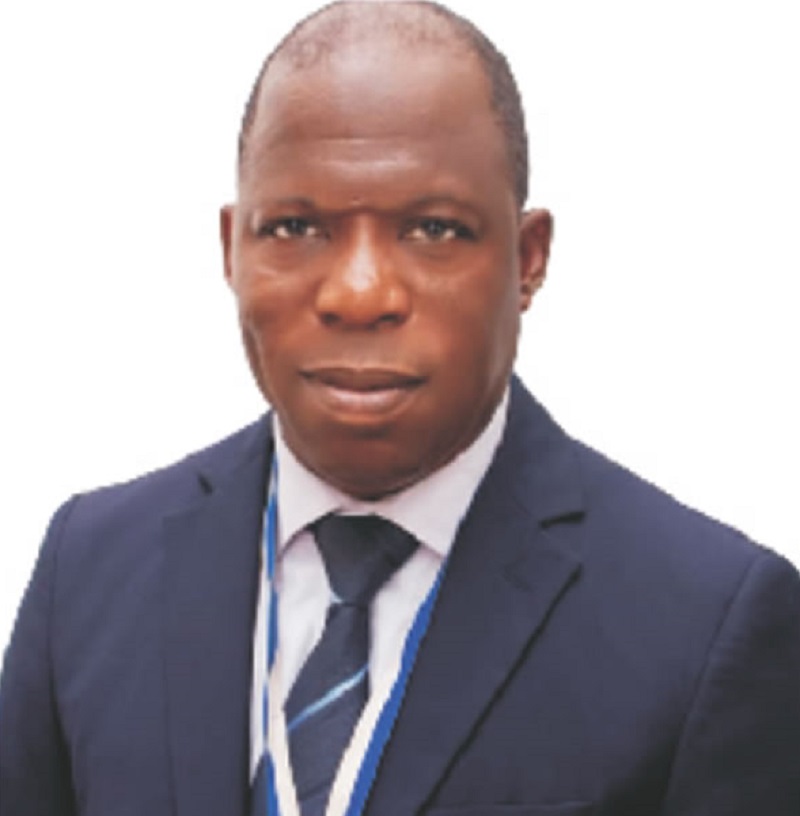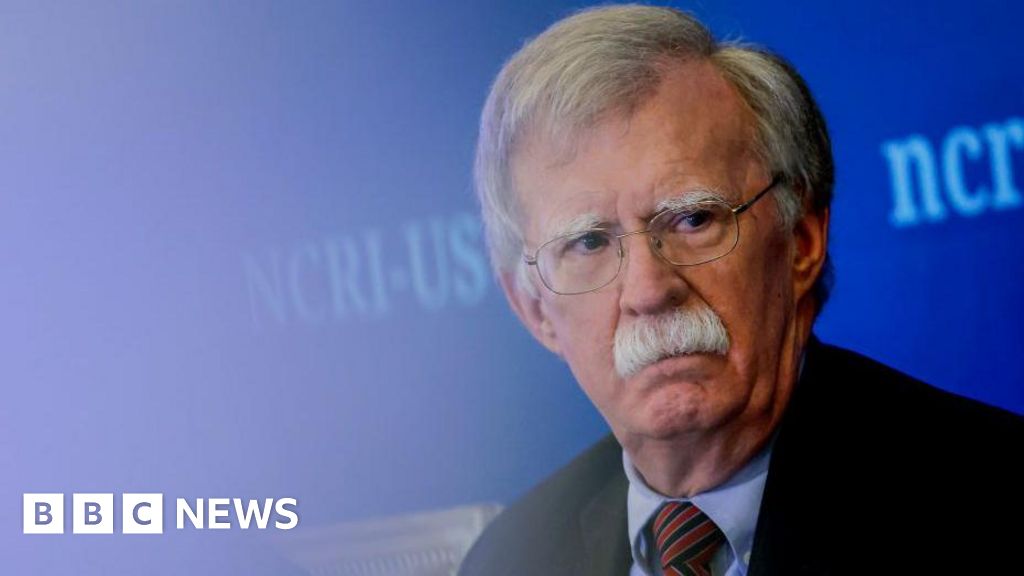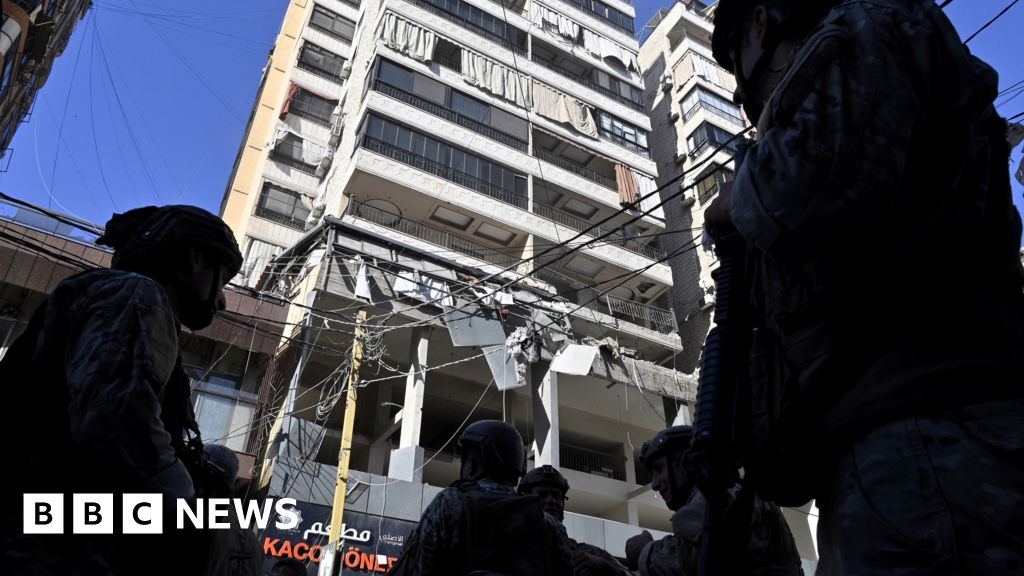Place your adverts here on InfoDig @ low rates; banner ads, sponsored links and guest articles etc. Contact us
The United Nations Children’s Fund (UNICEF) has called for more investment in Nigeria’s basic education.
Michael Banda, the education manager, UNICEF Field Office, Kano, made the call in Zaria, Kaduna, during a media dialogue on children’s advocacy priorities for programme managers drawn from Kano, Katsina and Jigawa states.
According to Banda, more investment is still needed in the primary school sub-sector, adding that the country still faces the challenge of universal enrolment.
“So, the first problem with education in Nigeria is spending too little money on education. Nigeria spends 1.2 percent of its GDP on education.
“The international benchmark is 4-6 percent and even the available funds are not being spent well,” he said.
Banda said that presently a huge amount of money was being spent on higher education, “when children in primary school cannot read, write and count.
Read also: Continuous military training key to national stability — Shettima
“We need to get the budget right and increase the volume of expenditure, the country needs to improve the efficiency of expenditure on primary education.”
Banda expressed concern about the rate of out-of-school children, and low learning achievement in the country, especially in the North-West.
“Nigeria’s education system is faced with the twin crises of a large and growing out-of-school population and severe learning poverty.
“One in three children is out of school, 10.2 million at primary school level and 8.1 million children at junior secondary level,” he said.
On the number of teachers, Banda explained that insufficient domestic financing resulted in a shortfall of 378,000 classrooms and approximately 278,000 teachers.
Samuel Kaalu, communication officer, UNICEF Field Office Kano, said the objective of the media dialogue was to engage journalists on children’s advocacy priorities. He added that the media dialogue was also to create awareness for the media on the importance of the first 1,000 days to a child’s survival and other UNICEF activities.

 2 hours ago
23
2 hours ago
23














 English (US) ·
English (US) ·